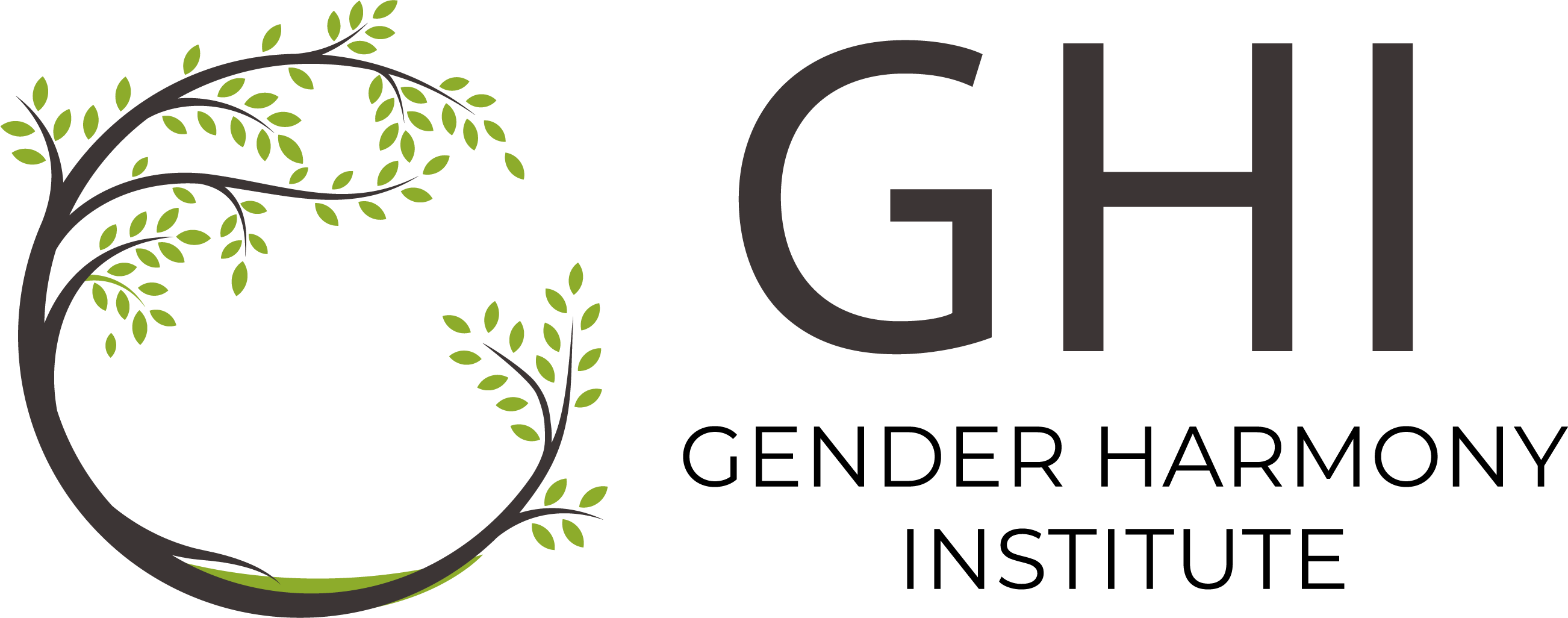At the Gender Harmony Institute, our mission is to provide thoughtful, compassionate therapy that respects the unique experiences of each individual. We provide a supportive, non-judgmental and non-medicalized environment for individuals experiencing gender-related distress (GRD). We respect self-determination and offer alternatives to transition-related treatments.
Our team is also dedicated to supporting families as they navigate challenges related to gender identity, ensuring that every voice is heard and valued.
Our clinic’s treatments are grounded in time-tested models and methods such as developmental psychology, attachment, contextual therapy, cognitive behavioral therapy, family systems, social learning, minority stress, and mindfulness. These approaches help parents offer warm, steady support while honoring their own and their child’s integrity.
Led by experienced professionals who understand the complexities of GRD and potentially co-occuring mental health challenges, our expert team is dedicated to supporting individuals and families on their journeys. We prioritize evidence-based practices that enhance mental health and personal growth, focusing on a personalized approach that respects each client’s unique needs and strengthens connections. Schedule a consultation today and take the first step toward a supportive path for you and your loved ones.
We do not discriminate against any client or refuse care on the basis of transition status or goals, sex, race, religion, or sexual orientation. We provide supportive mental health care to all clients, and all members of the family system. While we do not provide letters approving transition, we refer clients desiring support for legal social and/or medical transition to professionals who can help them in these areas, while continuing to provide them care.
Support the Cause
Give to make holistic gender distress support accessible to families in need.

